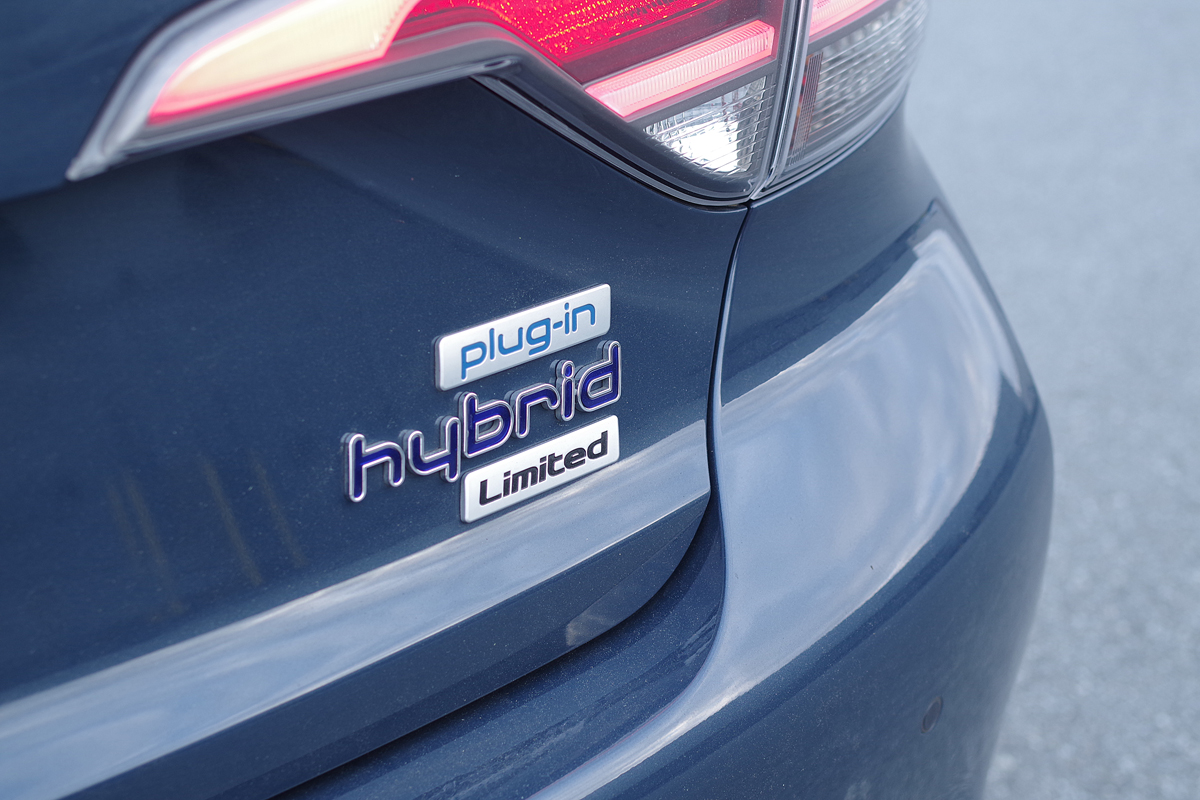Canadian EV sales surge ahead


The results are in: electric vehicle sales are up. Way up in fact — as of Q3 in 2016, EV sales in Canada rose by 60 per cent compared to the year previous.
Ontario led the way, followed by Quebec and then British Columbia. B.C.’s numbers (+13 per cent) were good, but nothing compared to the +126 per cent explosion during the same period in 2015 thanks to the reinstatement of Clean Energy Vehicle Program following a one-year hiatus.

Regardless, 2016 was clearly a banner year for EVs here. Before the mid-way mark, the country had already surpassed 20,000 registered plug-in hybrid and battery electric vehicles milestone. There were over 1,000 EVs sold in June alone.
Part of the reason for the electric interest is that there are simply more choices offered across nearly all segments, by a range of automobile manufacturers from Toyota to Porsche, than ever before. Additional entries are on the horizon as well, like the Honda Clarity that’s coming to North America for the first time.

BMW has been somewhat of a trailblazer in the EV space, with the development of the i3 hatchback and i8 sports car. In addition, the German marque now has the distinction of having the most plug-ins available in Canada with four, recently and somewhat quietly releasing two new models.
In the summer, the first BMW 330e was delivered: a green take on the iconic 3 Series. Utilizing the brand’s eDrive and EfficientDynamics technologies, the compact sedan pairs an 88-horsepower electric motor with a 184 hp four-cylinder engine sending a total of 252 hp to the rear wheels. Drivers can travel up to 40 kilometres on electric power alone, at speeds up to an impressive 120 km/h.

For all the crossover fans, the company also debuted the X5 xDrive40e, its debut plug-in Sports Activity Vehicle. The SAV has all-wheel drive, net 308 hp and 332 lb-ft of torque, an eight-speed transmission and a fuel consumption rating of 4.2 Le/100 km.

